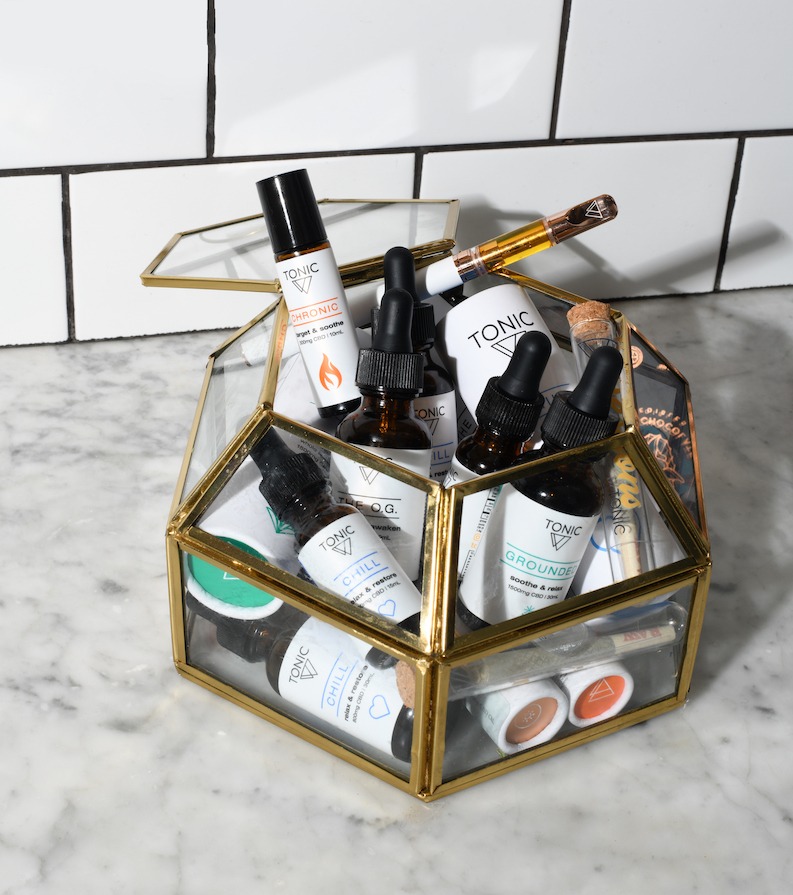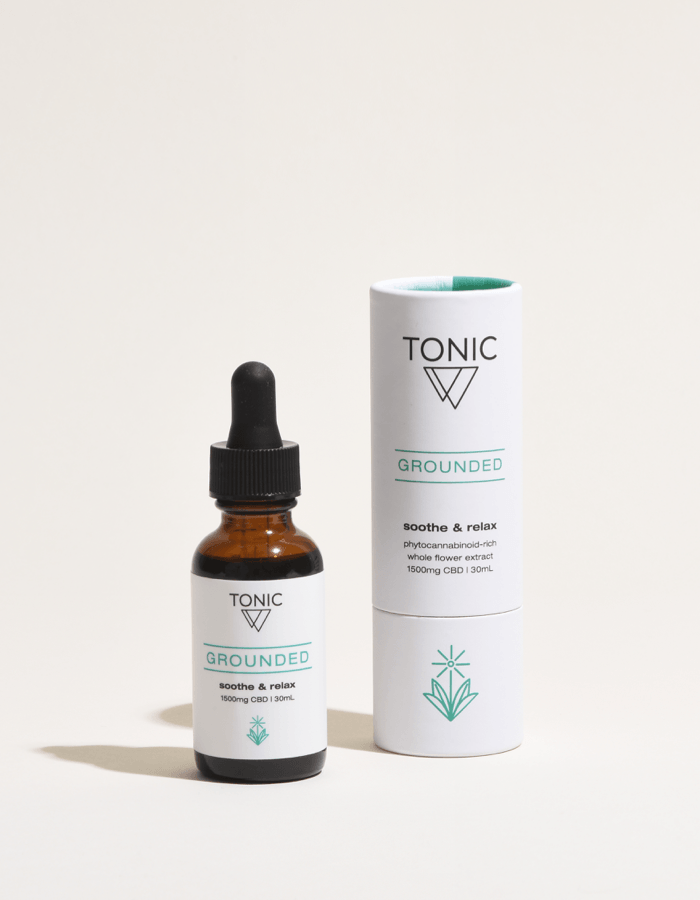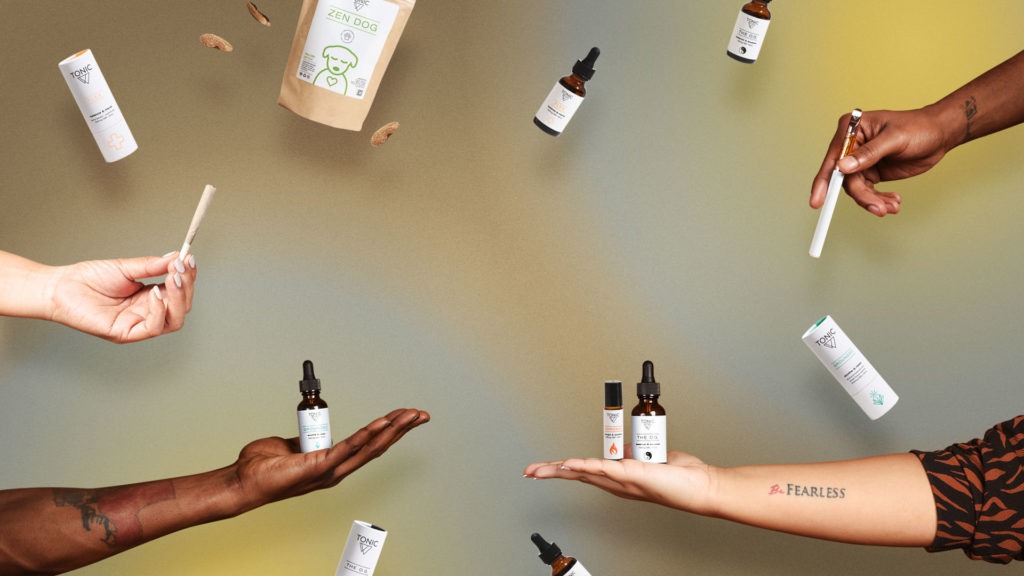What is Hemp Oil?
You may have seen videos on Facebook featuring children going through epilepsy. Suddenly they are instantly soothed through the administration of THC oil. Audiences are starting to realize that there is not only efficacy and potency within cannabis products but a larger opportunity. We can promote a general tenor of health and wellness using natural substances. Cannabis has been around for thousands of years. Various conflicting attitudes around it have existed for almost a decade. Sadly, our society wants to regulate, litigate, criminalize, and control its production and distribution.
However, the “truth” about cannabis products has always been more of a PR war than anything steeped in fact. Today, all that is changing. There are “pot executives”, “pot stocks” and explosive growth is predicted for the “marijuana space“, as it’s referred to. Thanks to federal, state, and provincial legislation surrounding cannabis, there are highly relevant questions being asked around cannabis products.
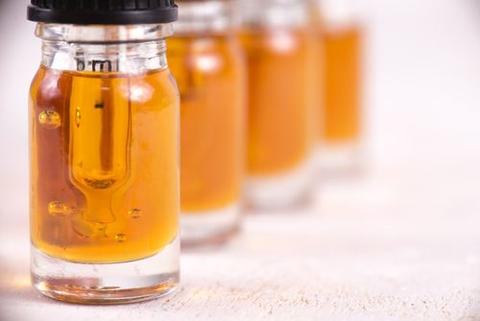
What is Hemp Oil and Where Does it Come From?
But here is a primer of facts that stand:
- The oil extracted from the stalk of the hemp plant is called hemp oil
- Hemp is essentially a cannabis (sativa) plant with less than 0.3% of THC. The other thing that separates the designation of “hemp” versus the Sativa “strain” is intentional use; if it has been bred for nutritional or industrial uses, it’s regulated by a different set of laws
- What about wellness? Glad you asked: hemp can be found in many industrial contexts (everything from makeup to shampoos, clothing to building materials). It’s designated as such because its low levels of CBD concentration make it medicinally ineffective. Alternatively, CBD oils created by licensed producers intentionally for medicinal or therapeutic purposes use a balance of THC and CBD.
- These oils can be used to address a variety of issues like anxiety, skin conditions, and inflammation.
- The full use of the cannabis sativa plant is going to become much easier to do, thanks to new legislation.
- Parts like the flowers, leaves, and stalks are all governed by different bodies such as Cannabis for Medical Purposes Regulations (ACMPR) and the Narcotic Control Regulations (NCR).
- There are key differences in cannabis products that all revolve around the extraction process, parts of the plant used as well as the percentages of cannabinoids within the product
- Hemp seed oil is exactly what it sounds like and differs from hemp oil: it’s an oil extracted from the plant’s seeds and contains low percentages of both CBD and almost no THC (the psychoactive element in marijuana. In the United States, it’s regulated by the “Industrial Hemp Regulations” (IHR)
- Hemp oil itself is incredibly nutritious and is high in “healthy” fats like Omega-3 and -6, as well as vitamin E.
- To pass IHR standards, hemp oil can’t contain more than ten parts per million of THC (0.3%) or CBD — this means that hemp CBD oil is different than hemp oil.
- According to imposed legislation, there is testing for THC but no such testing for levels of CBD in hemp oil — and this means that not all hemp CBD oil is created equally
- You should always do your research to find out about the growing conditions, overall environment, and extraction methods of the hemp oil product you’re purchasing.
- Hemp is known for being a “bio-accumulator,” which means that it automatically absorbs large amounts of whatever is in the soil — and this could include substances like toxic spills, pesticides, and other dangerous chemicals
- Hemp (seed) oil is extracted only through pressing, while CBD-rich cannabis oil has many extraction methods.
Is Hemp Oil Safe?
In a word, yes. But — you knew that was coming, right? Buyer beware. There are currently no labeling standards and, as we’ve said before, hemp is a plant that is a bio-accumulator. Above this, CBD levels are not usually tested for.
When you’re buying, to ensure both safety and quality, it’s a good idea to look for a manufacturer or brand that will offer a certificate of analysis. This states what kinds of compounds (besides CBD or THC, the most popular) are in the hemp oil and the percentage of concentration.
You also want to see if there are additional “fillers” added to the product such as medium-chain triglycerides (MCT), vegetable glycerin, etc. Keep in mind, as well, that because the oil is only supposed to contain around 3-5% CBD, a large amount of the plant is required to produce a small amount of hemp CBD oil. This means that there is a heightened chance that there may be other contaminants.
Types of Hemp Oil
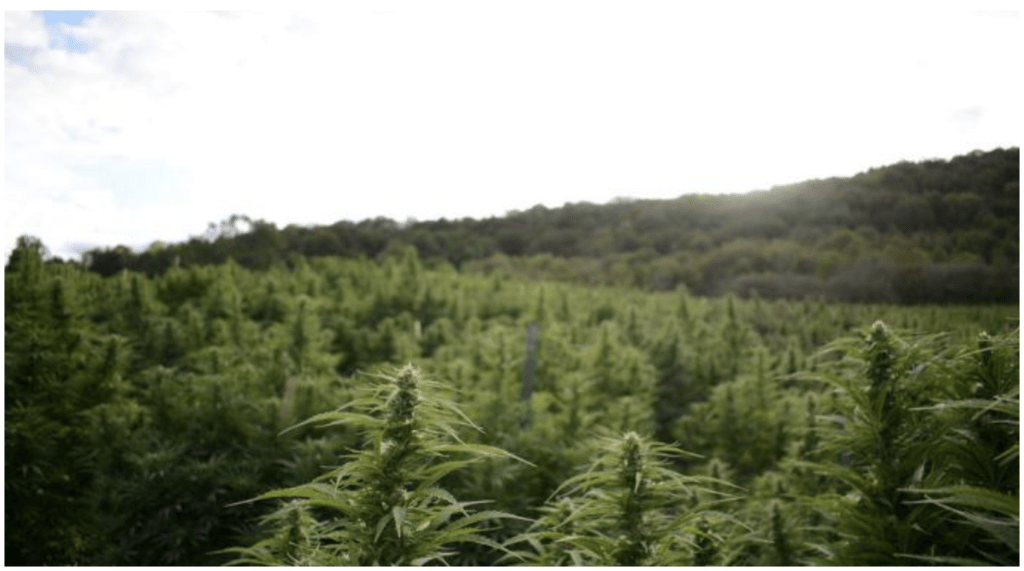
Hemp oil
Hemp oil is oil that has been extracted from the stalk of the plant and is used for its CBD content. Remember, however, that the hemp plant must have less than 0.3% THC concentration to be designated as such. It can have varying levels of CBD.
Hemp seed oil
The extraction process is for hemp seed oil is essentially a simple pressing extraction technique that is used for most oils involved in the cooking and nutritional process. Hemp seed oil has exceedingly low levels of THC and CBD and the focus is its Omega-3 and -6 profile as well as its vitamin E.
CBD oil
CBD oil includes one of the cannabinoids CBD and can come from either cannabis sativa or hemp. It’s made from the whole plant, including the flower. This is only for states where cannabis is now legalized. It also means that there is little to no THC. In states where cannabis is illegal, however, CBD oil is usually made from hemp plant’s stalk — not the entire plant, as it would be in legal states. CBD oil is used to treat many issues like inflammation, oxidative stress, anxiety, and skin conditions. This is linked to the fighting against and protection from cancer-causing free radicals.
Cannabis oil
Once that “hemp” plant features a profile or concentration of greater than 3-5% THC, it’s automatically considered as cannabis sativa. The cannabis sativa plant contains both CBD and THC, in varying concentration, but, again, cannot be sold or purchased in states where cannabis products are not legalized.
Obviously, the inclusion of THC, the psychoactive element in marijuana, varies the user’s experience when take for medicinal or therapeutic purposes. For example, individuals who use CBD oil for anxiety have reported wanting to stay away form either marijuana or cannabis oil because THC has amplified their anxiety rather than soothed it.
How and Why Do We Use Hemp Oil?
Administering and using hemp oil has a variety of benefits — nutritionally, medicinally, therapeutically, and recreationally. Besides consuming the oil orally, users can also apply it, as you would with any oil, topically. It can be smoked through vaporization or can be packaged and consumed as pills or edibles, which take around 30 to 90 minutes to come into effect. When using for anxiety, the ingestion of the oil orally is best. When using for inflammation or pain, for example, try applying the hemp oil topically so it can be absorbed directly to the point of pain, through the skin.
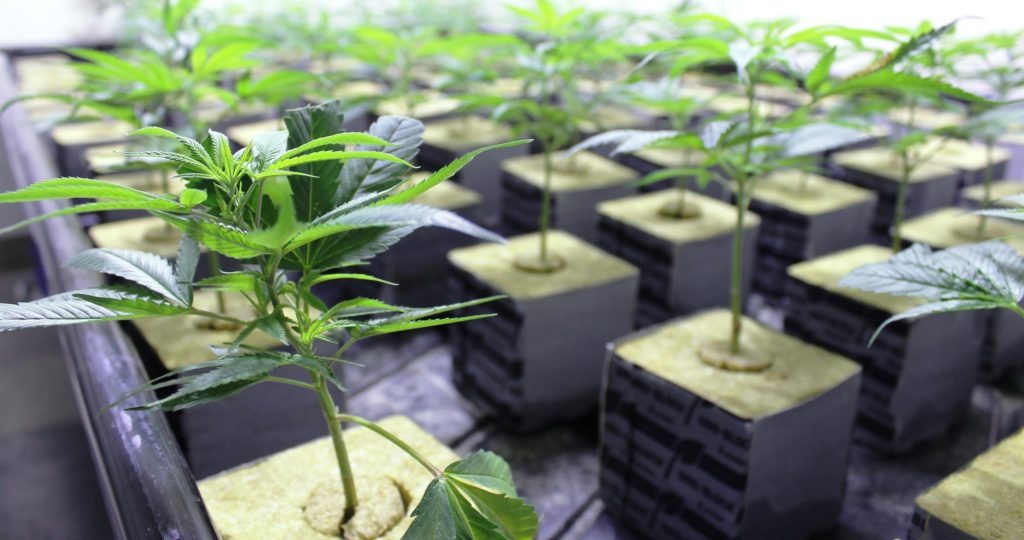
Hemp Oil Benefits
As the industry has opened up, become more commercially viable, and transparent in its production methods, the medical community has been running alongside these societal and legislative changes, examining cannabinoid compounds in a variety of situations. Across the board, THC, and CBD, the most popular compounds and the most commonly subjected to trials, have come up with a variety of positive, long-ranging benefits for users in medicinal and therapeutic (healing) contexts. Let’s take a look at just a few of these common uses and studies. Keep in mind that, again, not all users will appreciate or react to THC levels and concentrations well, since it is the psychoactive element in cannabis oil or marijuana.
Taking hemp oil for anxiety
This is one of the most common uses of hemp CBD oil and promises a potent potential treatment for a range of anxiety disorders. There is no doubt that CBD (stands for cannabidoil) is beneficial as a treatment for neuropsychiatric “disorders”, relaxing the functioning of the body-mind connection and bringing the brain’s processes back into alignment and balance. Why does it work so effectively? Studies have found that CBD addresses fear and anxiety responses, which are adaptive methods the brain is designed to take when coping with threats to survival.
Yet, modern living has exacerbated and heightened these fear-inducing stimuli, making excessive or persistent fear-based responses maladaptive and debilitating. Sustained long enough, these responses become a habit and shift the neurochemistry in the brain. Generalized anxiety disorders, panic disorder, and social anxiety disorders and post-traumatic stress disorders can be soothed and addressed through the effects of CBD. It acts on the central nervous system without the psychoactive effects of “∆9-tetrahydrocannabinol”, aka THC.
Using hemp oil for epilepsy
The severity of seizure disorders as well as what else the user might be suffering from matters when using hemp CBD oil. Depending on how frequent and intense these epileptic phases are, individual users may start with CBD oil and then move on to cannabis oil where the “active” ingredient is THC instead. In other words, even in cannabis products that feature, high cannabidiol (CBD) and low tetrahydrocannabinol (THC) concentrations, patients have experienced positive effects, slowing down the onset, reducing the frequency and even stopping the seizure, while the patient is in the middle of the experience. Individual patients’ experiences also show that taking hemp CBD oil orally offers a far more effective and potent solution than simply taking pills.
Improving pain and inflammation with hemp oil
When it comes to pain and inflammation cures, hemp CBD oil requires a very particular profile in order to be effective. Specifically, in oils that include a balance of CBD and THC compounds, the pain was seen to be much lower and better treated overall. This is known as the “entourage effect“, something researchers have studied, noting that when THC and CBD are included and applied topically, they react more “synergistically”, promoting greater healing effects.
Supporting regular sleep cycles
It’s no surprise that hemp CBD oil can also aid in the regulation of sleep cycles, promoting deeper levels of calm and relaxation. Studies have shown that hemp CBD oil can help the body drift into deeper sleep, helping users to wake up feeling more well-rested and refreshed. Usually, insomnia is linked to a whole host of other issues such as elevated heart rate, panic, and anxiety. It is literally the body’s inability to “shut down” and relax enough to get into the restive state. Hemp oil, then, doesn’t work like a sleep aid — nor should you expect it to knock you out in an instant. Instead, it works on the brain much in the way that it does when addressing panic or PTSD disorders: by addressing the adaptive fear-based responses and states our body and mind have gotten used to.
Addressing Alzheimer’s with hemp oil
The research on Alzheimer’s and hemp oil is still ongoing. However, it’s useful as a preventative option though, so far, researchers who are part of studies caution against jumping to conclusions too quickly. Yet, they are “optimistic” about their findings. In a preclinical study published in the Journal of Alzheimer’s Disease, it was found that THC, in particular, “can slow the production of beta-amyloid proteins, thought to be a hallmark characteristic and key contributor to the progression of Alzheimer’s.” These toxic amyloid plagues prove that cannabinoid compounds are actually neuroprotective.
And while the co-author of the study, Neel Nabar, says that just because treatment may be “effective” doesn’t mean it can be safely used by just anyone. A senior author of the study, Professor David Schubert says, “Although other studies have offered evidence that cannabinoids might be neuroprotective against the symptoms of Alzheimer’s, we believe our study is the first to demonstrate that cannabinoids affect both inflammation and amyloid beta accumulation in nerve cells.” Maintaining brain health as a gateway to emotional, mental and physiological healing
The common thread through hemp oil uses is clear from what we know so far. All legislation and technical terms aside, hemp oil has the ability to heal the body from the top-down because it begins by addressing the central nervous system. As a “neuroprotective” compound, CBD, especially through hemp CBD oil, has the potential to address multiple, often linked issues such as anxiety, insomnia, depression, pain (as well as psychosomatic pain), and inflammation. It offers the kind of “total body” or holistic healing that we at Tonic Vibes have come to design and infuse our hemp CBD products with. Find out more about how you can improve the quality of life by starting with the health of your mind-body connection. Contact Tonic Vibes today! Click here to read up on more information about hemp oil!


 The Steady Supply
The Steady Supply

 Personalized Vibes
Personalized Vibes
